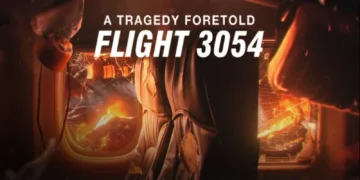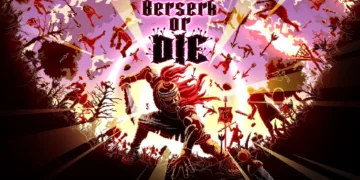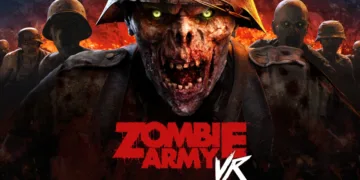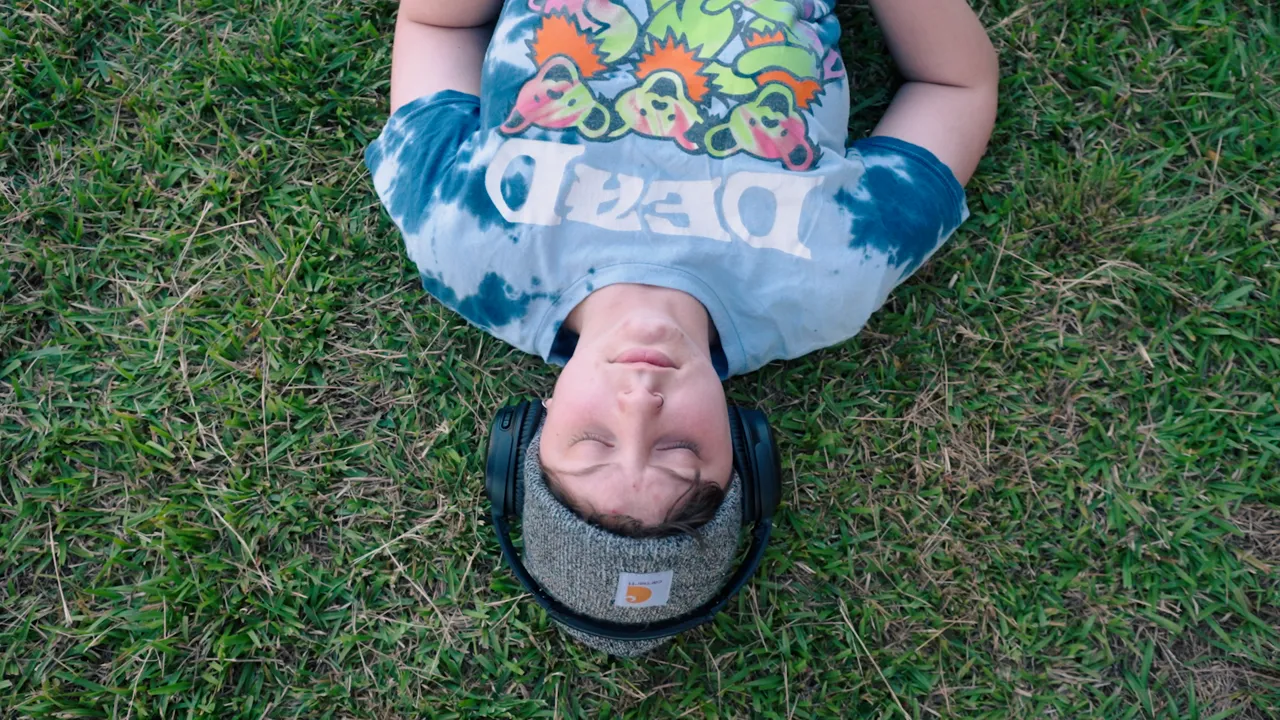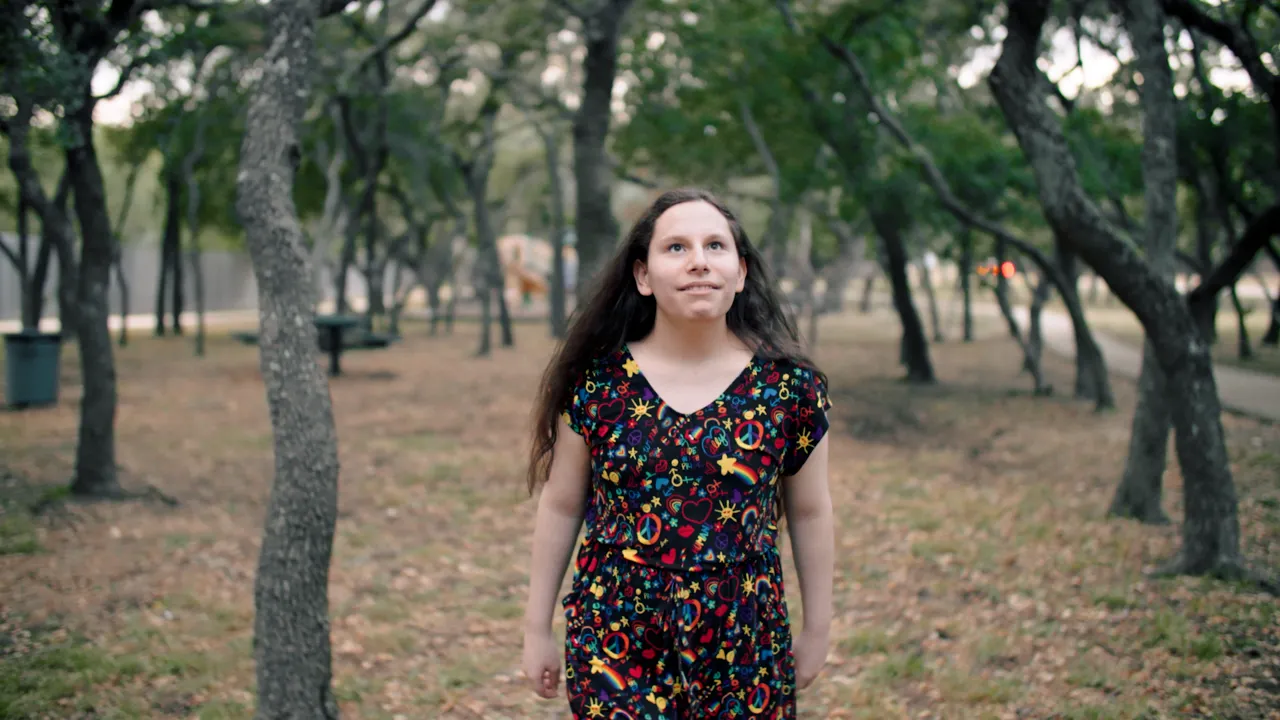There is a sound that a state makes when it turns its gaze upon a life, a low hum of legislative machinery that seeks to define existence from a distance. In this noise, the individual soul can become an abstraction, a problem to be solved. Gianna Toboni’s documentary, Just Kids, is an act of defiance against this hum.
It does not argue; it simply shows. We are introduced to the quiet worlds of three young people: Rae in South Carolina, a boy of fifteen years, and in Texas, the effervescent seventeen-year-old Alazaiah and the watchful fourteen-year-old Tristan.
They are not subjects of a debate. They are human beings caught in the gears of policy, their futures contingent on votes cast in rooms they will never enter. The film watches, with a patient and devastating stillness, as the architecture of law presses down upon the intimate spaces of their becoming, revealing the profound weight of a life lived under scrutiny.
The Gravity of Love
In a landscape of ideological fractures, where does one find solid ground? The film suggests an answer, one that is as ancient as it is startling in this context: the family. Not an idealized portrait, but something far more potent, a gravity of love that holds a forming self together.
We see a veteran father, a man whose identity is intertwined with the defense of country, pivot to defend something more elemental: his own child. The sight of this man, who carries a gun, standing vulnerable before legislative bodies, his voice steady but his purpose absolute, reveals a profound truth about protection. It is not an abstract principle but a deeply personal, sacred duty.
We witness Tristan’s mother, a former correctional officer accustomed to systems of control, reject the state’s claim on her daughter’s body. Her defiance is not born of political theory but of a mother’s instinct, a clear-eyed declaration that her child’s care is a sovereign territory.
When Alazaiah’s mother passes, her young brothers form a circle of care, their shared grief forging a shelter against a world that offers none. This steadfastness, this unshakeable loyalty from the most unexpected corners, becomes the film’s moral anchor. It establishes these homes not merely as supportive, but as sanctuaries where a child’s identity is allowed to breathe, making the external world’s judgment feel all the more profane.
The Fragility of Being
What does it mean to care for a self that is still taking shape? The film demystifies the act, stripping it of political baggage and revealing its simple, existential essence. To affirm a gender is sometimes as gentle an act as a haircut. In the moments after Rae’s hair is shorn to match the boy he is, a light turns on behind his eyes; a new way of standing in the world is born.
A quiet, monumental event where inner and outer reality achieve, for a moment, a fragile harmony. This delicate process of self-creation is then held against the brutal machinery of its opposition, a force that seeks not to build but to dismantle.
The anonymous hatred of phone calls, the shadow of FBI agents assigned for protection, the bureaucratic violence of a Child Protective Services threat—each is an attempt to un-make a person, to instill a fear that one’s own body is a crime scene. In one devastating sequence, a doctor on a screen informs Tristan that the law now stands between them.
The digital interface, a tool of connection, becomes a sterile wall, and a lifeline is severed through a webcam. The doctor’s departure is more than a loss of care; it is the system itself turning its back, a cold demonstration of how an impersonal policy can inflict a deeply personal wound and abandon a child to the wilderness.
The Unchosen Exile
Youth should be a kingdom of its own, a space for the messy, unobserved work of becoming. But for these children, the borders of that kingdom have been breached. They are dispossessed of their own adolescence, forced into a premature adulthood where their time is consumed by legislative dockets and safety plans.
The right to be ordinary, to be invisible, is a luxury they are not afforded. They are, as the film makes terrifyingly clear, internal refugees—exiles in their own homeland. The familiar geography of their towns becomes alien territory, charged with potential menace. This displacement is not just physical but psychic, a constant, low-grade dread of being a foreigner in the only place you have ever known.
For families like Tristan’s, the cruelty is compounded by economics. The law does not just reject her identity; it weaponizes her mother’s financial precarity, chaining them to a hostile environment from which they cannot afford to flee.
This paralysis, the inability to move toward safety, is its own kind of prison. The film’s formal simplicity becomes its greatest asset here. It offers no cinematic distractions from this truth. There is no neat resolution, because the story is not over. It leaves us with a portrait of persistence, the quiet, weary, day-to-day act of continuing to be, even when the path ahead is a question mark.
Just Kids is a documentary film directed by Gianna Toboni. It premiered at the Tribeca Film Festival on June 7, 2025.
Full Credits
Director: Gianna Toboni
Writers: Gianna Toboni, Jacqueline Toboni, Samantha Wender
Producers: Jacqueline Toboni, Samantha Wender, Gianna Toboni
Executive Producers: Samantha Wender, Mathilde Jourdan
Cast: Susan Stryker, Andrea Jenkins
Director of Photography (Cinematographer): Daniel Hollis
Editors: Sasha Perry, Yasu Tsuji
Composer: Taul Katz
The Review
Just Kids
Just Kids forgoes the political sermon for a hushed, intimate vigil. It finds a profound, aching beauty in the fierce gravity of family love holding a fragile identity together. A somber and unflinching document of resilience, it bears witness to the quiet violence of legislation and the unchosen exile of children forced to be warriors. It is a necessary, devastating, and deeply human film.
PROS
- An intimate and powerful human focus that transcends political debate.
- A surprising and moving portrayal of unwavering family love and support.
- Effectively illustrates the real-world consequences of abstract legislation.
- Emotionally resonant and deeply empathetic filmmaking.
CONS
- The subject matter is relentlessly grim and emotionally taxing.
- Its conventional documentary style may feel familiar.
- The lack of a clear resolution reflects reality but may leave viewers unsettled.





























